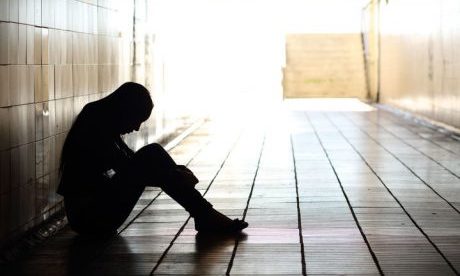Pacific youth suicide is complex: There is no single explanation as to why our young people choose to die by their own hands.
It is complex too for those of us who have experienced the loss of a loved one to suicide.
We are consumed by the question ‘Why?’ and caught in self-blame and tortuous thoughts of ‘I should’ve been there’ or ‘I should’ve done more’.
But one thing that is clear: we all want Pacific youth suicidal behaviours reduced and that means we must work together and not shy away from the issue, or even from the term itself – suicide.
In fact, the word is not the issue, it’s the silence around it.
According to the World Health Organisation, more than 800,000 people die by suicide around the world each year, and for 15 to 29-year-olds it is the second leading cause of death worldwide.
New Zealand Ministry of Health data shows that in 2012, 549 people died by suicide – 30 of which were Pacific suicides.
A study I published recently in the New Zealand Medical Journal indicates that over a 17-year period (1996-2013), 22 Pacific lives on average were lost to suicide each year.
Some may consider Pacific numbers, by comparison, small, but what is staggering is that Pacific peoples have the highest rate of suicide attempts, suicide plans and suicidal thoughts than any other ethnic group in New Zealand.
Moreover, while Pacific peoples have higher rates of mental illness than the general population, they are less likely to seek professional help.
Exploring ways to alleviate this problem is something I have been deeply committed to over many years.
In this time, it has become apparent that because Pacific youth suicides are different, a cultural response is exactly what is needed.
Whether this is from the perspective of an island-born, multi-ethnic, or Pacific NZ-born point of view, for those of us who acknowledge our Pacific heritage, this insight is vital to ensuring suicide prevention makes sense to us first, beyond the confines of imperialist assumptions. Continue reading
Sources
- futurelearning article by Dr Jemaima Tiatia-Seath, a senior lecturer in Pacific Studies, Te Wananga o Waipapa, University of Auckland.
- Image: Radio NZ
For counselling and support
- Need to talk? Free call or text 1737 any time
- Lifeline – 0800 543 354
- Samaritans – 0800 726 666
- Chinese Lifeline – 0800 888 880
(for people who speak Mandarin or Cantonese) - Youthline – 0800 376 633, free text 234 or email talk@youthline.co.nz
(for young people, and their parents, whānau and friends) - What’s Up – 0800 942 8787
(for 5–18 year olds; 1 pm to 11 pm) - The Lowdown – visit the website, email team@thelowdown.co.nz or free text 5626 (emails and text messages will be responded to between 12 noon and 12 midnight)
- SPARX – an online self-help tool that teaches young people the key skills needed to help combat depression and anxiety.
